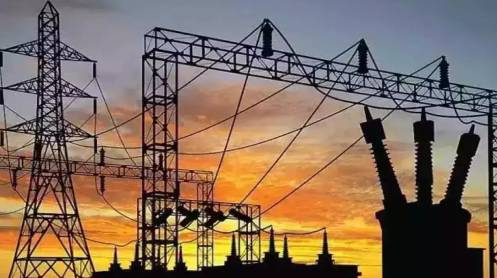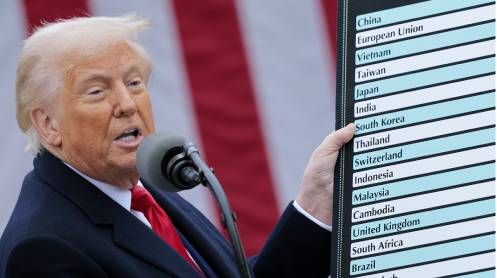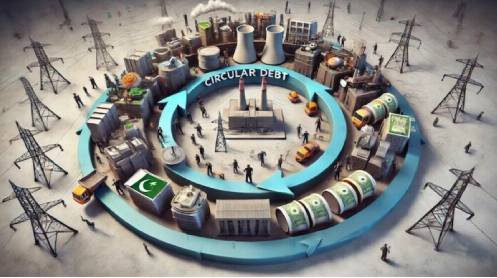ISLAMABAD: The longstanding debate over Net Hydel Profit (NHP) has reignited, with the Khyber Pakhtunkhwa (KP) government demanding an increase of Re. 1 per unit to ensure the payment of its dues. However, the proposal has faced opposition from WAPDA, Punjab, and Sindh, sources in the Planning Commission revealed.
The matter was discussed during an inter-provincial meeting chaired by Awais Manzur Sumra, Secretary of Planning, Development, and Special Initiatives. KP’s Technical Advisor, Himayatullah Khan, emphasised that Article 161(2) of the Constitution mandates the Federal Government to pay NHP to provinces hosting hydroelectric power stations, with the rate determined by the Council of Common Interests (CCI).
He highlighted that past decisions, including the Kazi Committee Methodology (KCM) developed in 1986 and endorsed by the CCI in 1991, form the basis for calculating NHP. The methodology has been validated by the Supreme Court, and payments have been periodically adjusted and distributed since 1992.
The 2019 report by a committee under former DCPC Dr. Jehanzeb Khan calculated NHP of Rs. 128 billion for KP and Rs. 52 billion for Punjab for FY 2016-17. However, with WAPDA no longer serving as a revenue-collecting agency—this role now fulfilled by CPPA-G—NHP payments have become a contentious issue.
KP presented three key proposals to address the matter:
Federal Financing of Power Components: KP proposed that WAPDA finance power components of hydropower projects through the Public Sector Development Program (PSDP), enabling revenues to be used for NHP payments.
Transfer of Hydropower Plants: KP suggested transferring ownership of hydropower plants from WAPDA to provinces, aligning with past power generation policies.
Revision of NHP Rates: An increase of Re. 1 per unit in NHP payments was proposed to meet KP’s financial needs.
The debate underscores ongoing friction between federal and provincial stakeholders, as KP insists on safeguarding its constitutional rights and securing its share of hydropower revenue.
Story by Mushtaq Ghumman





